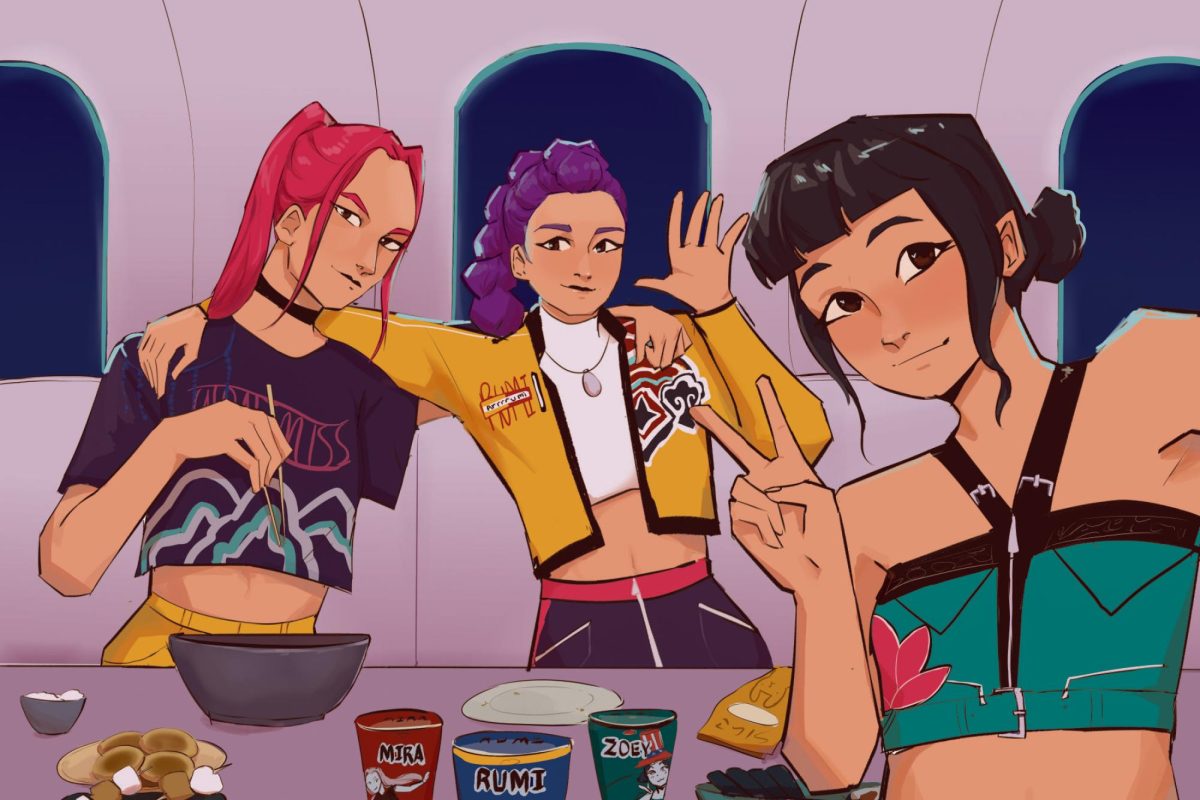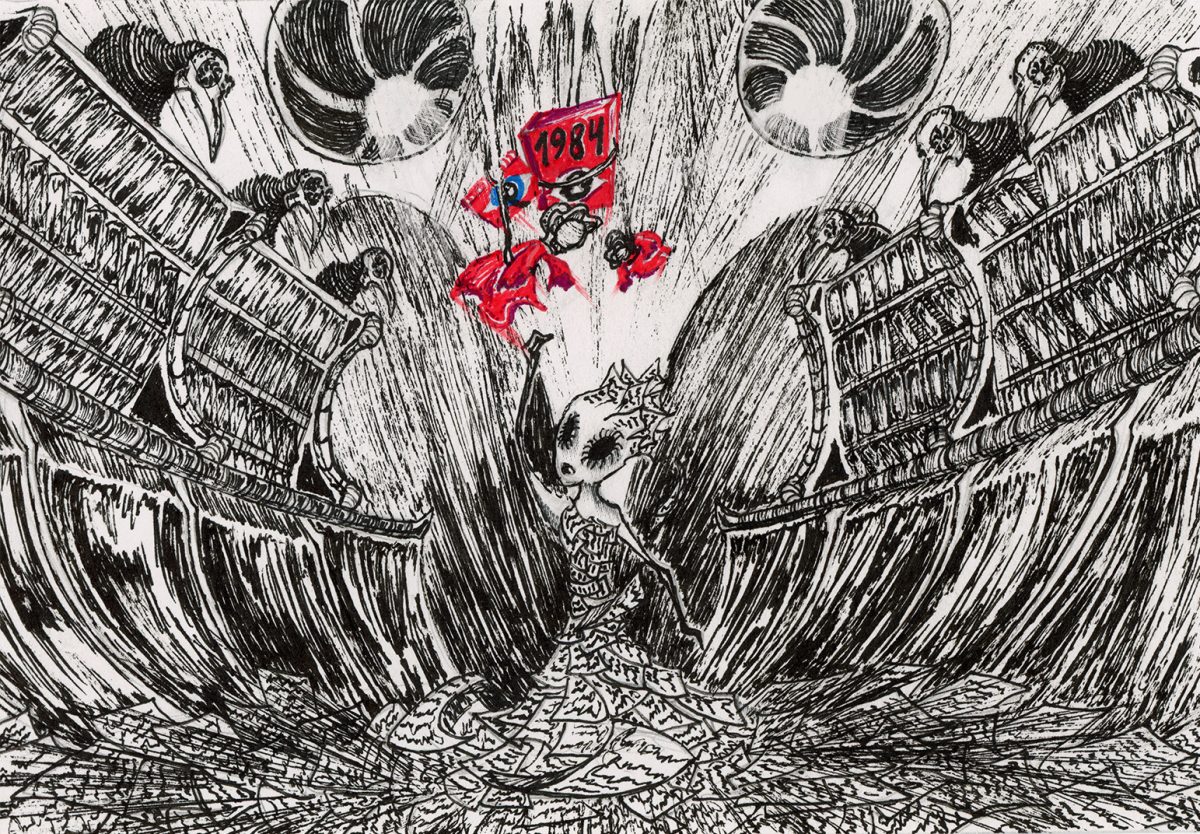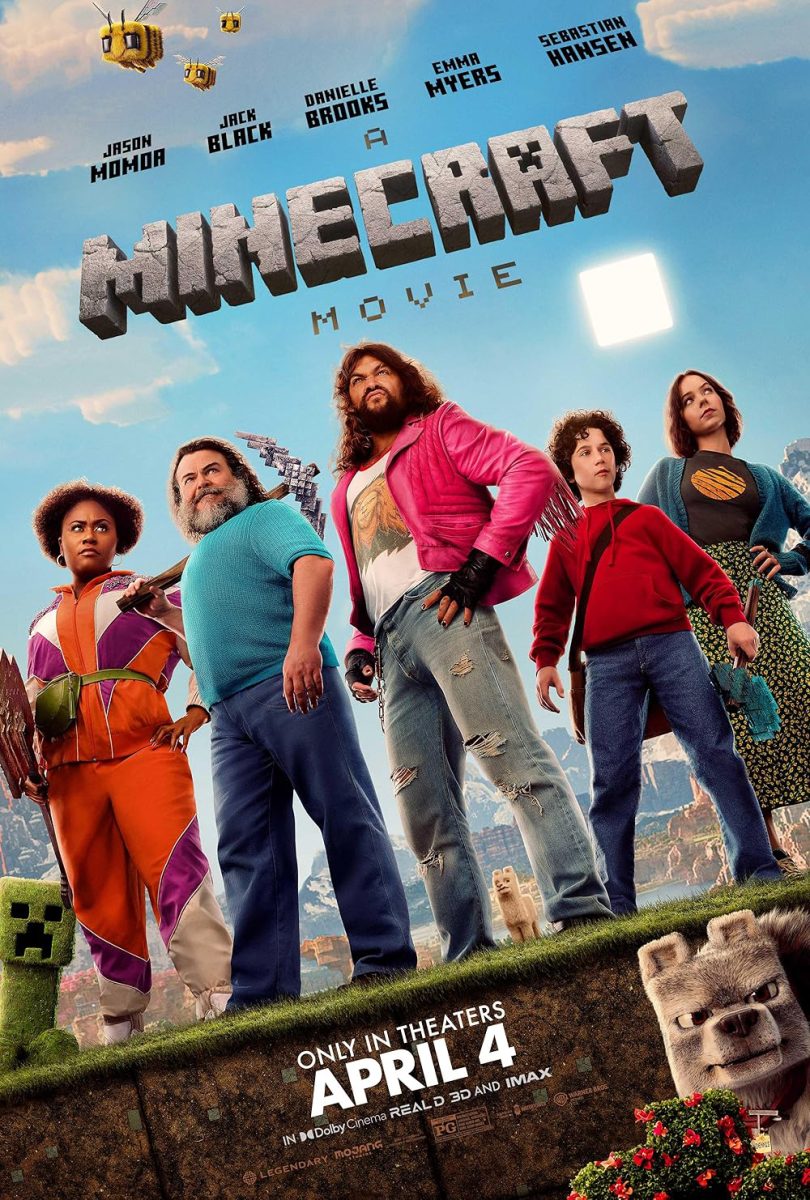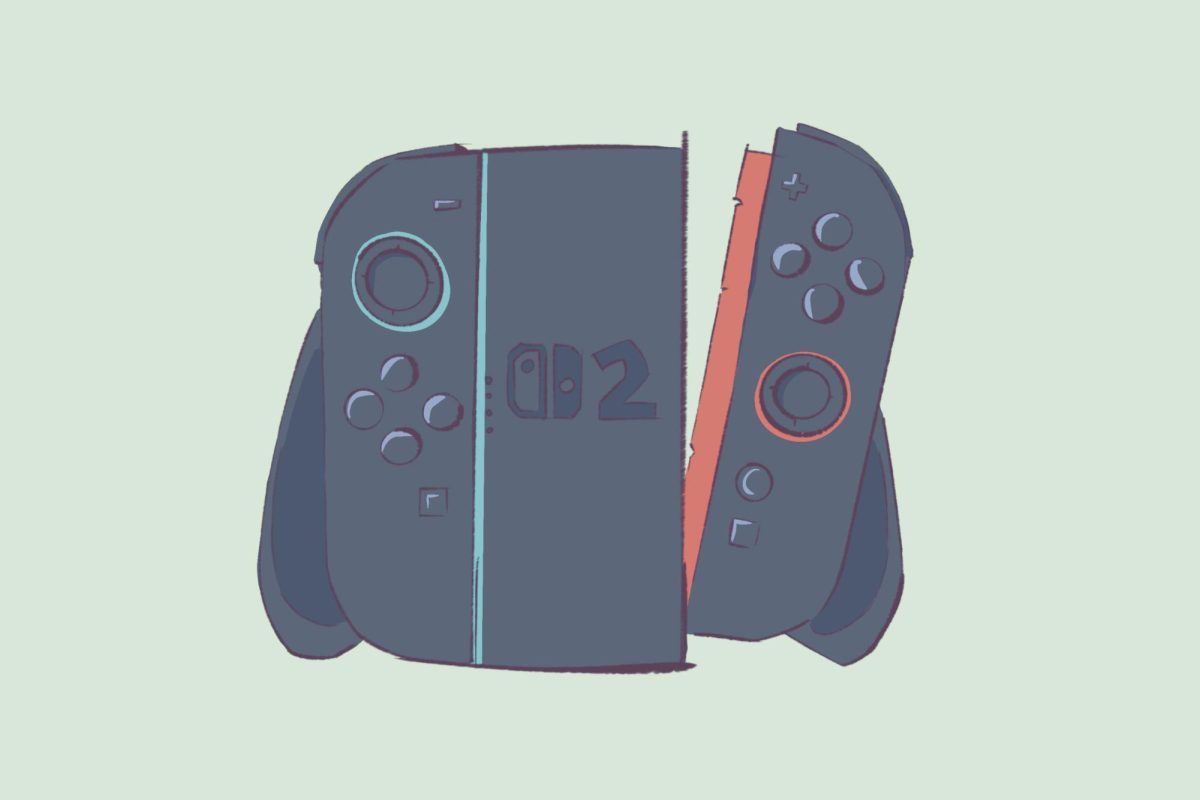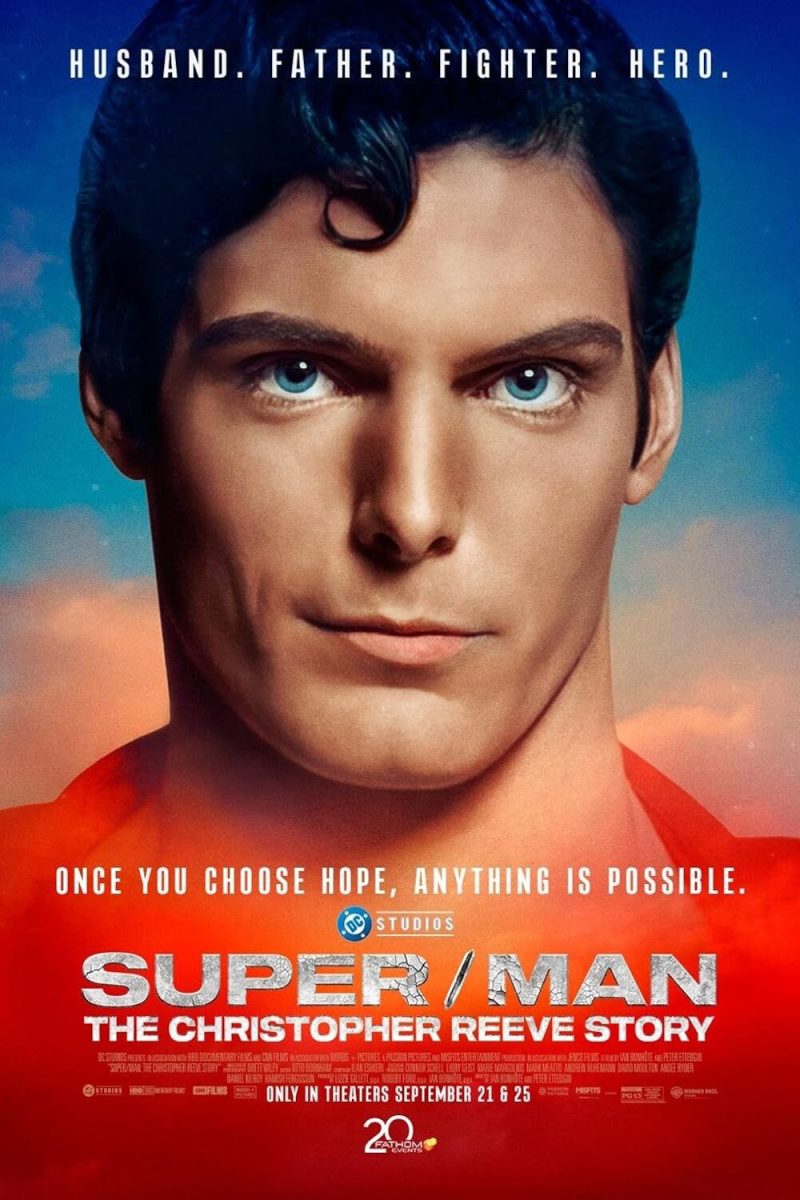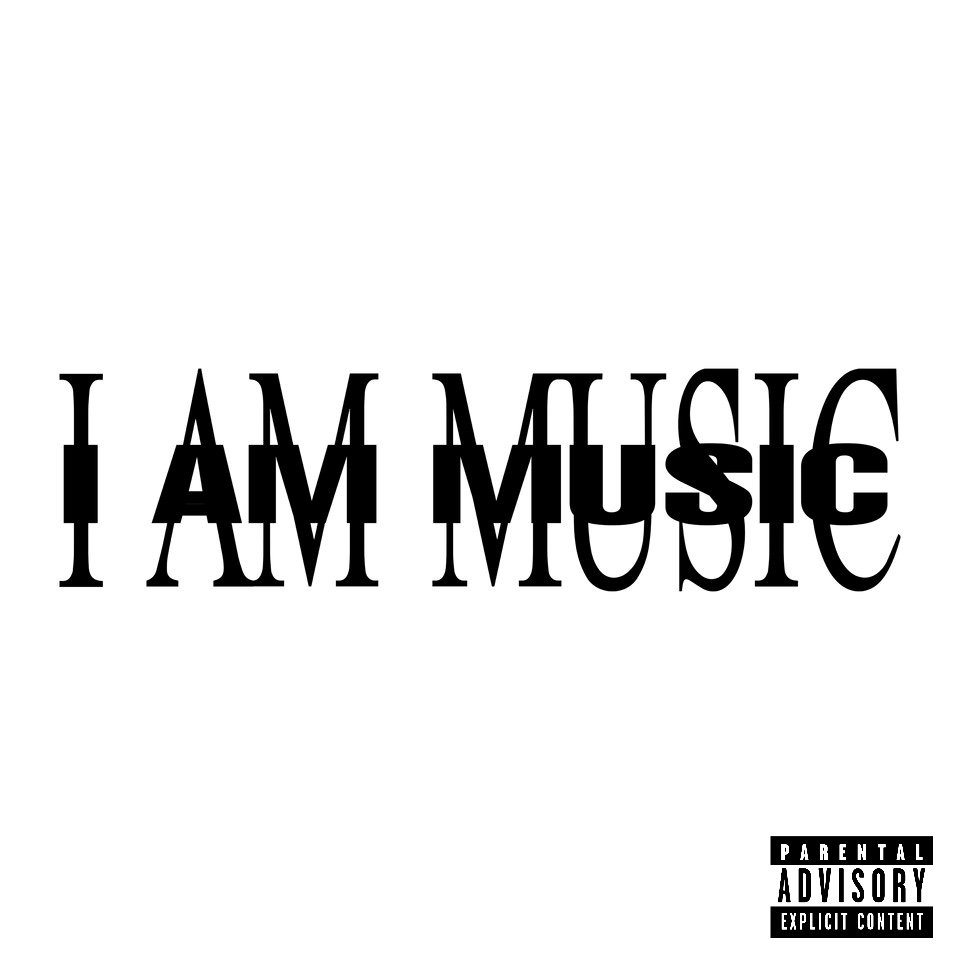Picture this, your favorite video game is on sale and after proceeding with the transaction, the video game distributor and platform, Steam, gives you a message stating that you do not own the game, but you’ve acquired the license to play the game. Yes, if Steam loses the license for a game, you lose access to that game as you essentially only “rent” the license to play it. If buying isn’t owning, then using that logic is piracy stealing?
Ever since the ‘80s, the early days of technology, people have found ways to distribute and acquire music without paying. This later transmitted toward movies, and around the early 2000s, some video games could be downloaded on your everyday laptop. To counter this, some corporations and copyright owners have taken drastic measures from a warning, cease and desists to a potential lawsuit.
In May 2024, a user on X (formally Twitter) posted a picture showing a download for a game called “Ultrakill,” accompanied by a caption saying they love pirating games. The user was confidently expressing their stance on piracy. Three days later the creator of said game, Hakita Patala, responded with, “You should support indies if you can, but culture shouldn’t exist only for those who can afford it.” Patala then proceeded to say he wouldn’t have made the game if he did not have access to movies and games growing up, and if you are unable to financially get access to said game, you can still show gratitude by being vocal.
A study was done at Brookhaven Campus where students filled out a Google form anonymously regarding their stance on piracy and to many’s surprise, 55% of the people who answered the survey said they are not OK with piracy have pirated at least videos, music and games. One student said, “Piracy allows people to experience something without spending a lot of money. Buying a marked up old console and then buying a marked up price game sucks. That’s why I personally think playing older games or downloading music is OK to some degree. As a college student, money is tight so sometimes I can’t afford to drop $120 a year on music streaming sites.”
Another response mentioned copyrights, and the legal protection of original works. While it is true that copyright allows the owner to receive full control over their work, sometimes the person behind the media is someone you do not want to support due to their political stance or ties to criminal affiliations.
One way pirated media can benefit an individual financially is by providing essentials, such as expensive softwares, that are needed for any jobs/field of study. An example would be a graphic designer needing access to Adobe programs with prices reaching up to $59.99 a month plus tax. While students do get a discount, some are willing to take the potential risk of getting a virus just to achieve a free-of-charge version of the software.
As prices continue to skyrocket, some believe piracy is a way people can experience and try out new content without dropping a single dollar. That being said, there is “fair use” piracy and “illegal piracy.” An instance of fair use would be copying a CD you already own for personal use. Whereas selling or giving away copies of copyrighted media is a major risk and could lead to imprisonment. But, hey, sometimes you need to be a pirate to find treasure.


